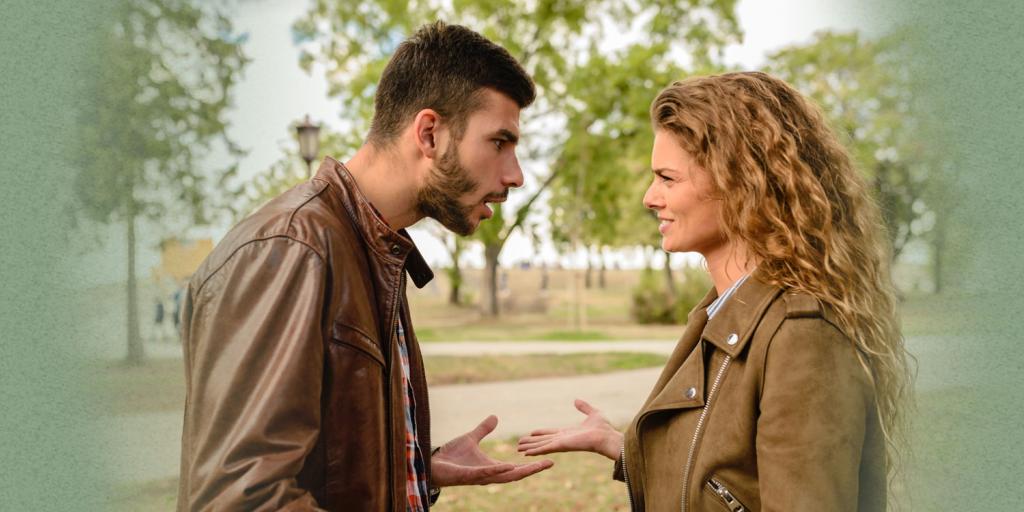
Unthankfulness Is the Norm
Have you noticed that in today’s fast-paced and self-centered society, few people take time to say “thank you” or show appreciation? Others have noticed as well. Recent research based on recordings of more than 1,000 conversations in eight languages revealed that very few people express appreciation when others help them out. “While the English language emerged as an outlier in the study, with thank yous being used more than in any other language, the phrase or similar ones were still only witnessed in 14.5% of the conversations recorded” (The Guardian, May 22, 2018).
Scientists do not link this lack of appreciation with increasing rudeness, but with people just assuming that others will cooperate with them. Thus, if people will help you regardless of your response, why should you bother showing appreciation? The authors of the study note that the overt expression of appreciation is no longer necessary when assistance is expected.
The Bible states that one of the characteristics of the “last days” is that people will become increasingly “unthankful” (2 Timothy 3:1–2). What researchers have noticed, that people expect assistance without giving thanks, the Bible indicates is a sign of the times, when people are increasingly self-focused— “lovers of themselves… despisers of good” and “lovers of pleasure” (vv. 2–3). Instead, thankfulness is a godly trait that Christians are urged to express (Colossians 3:15). In a world that is moving further and further away from biblical morality, it is not surprising to see decreasing expressions of thankfulness. For more insight about the importance of being thankful, read “The Power of Gratitude.”



